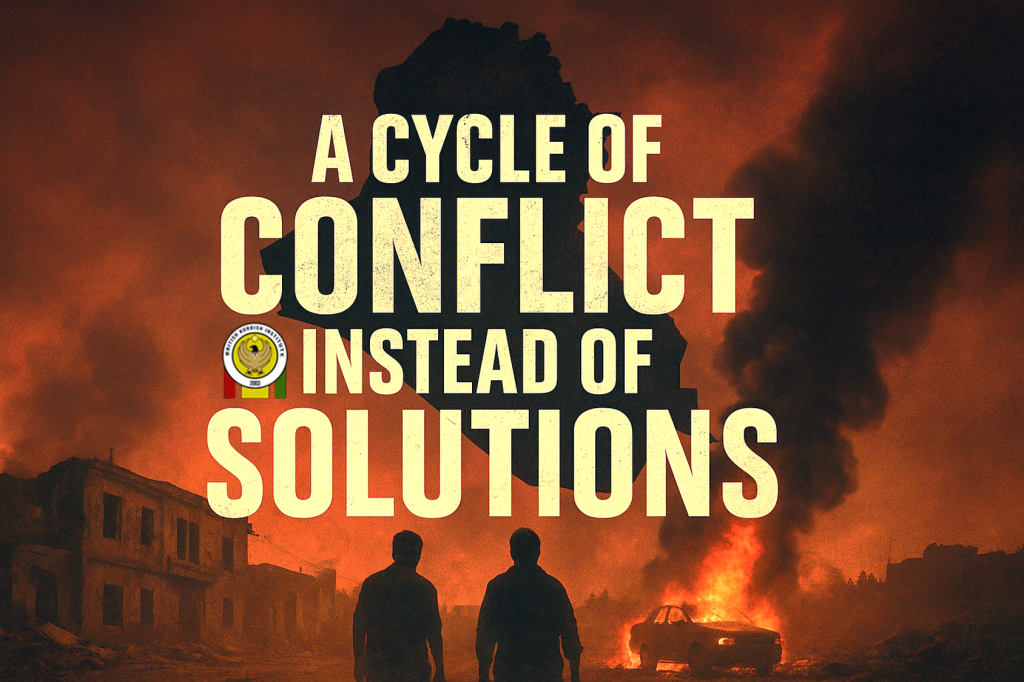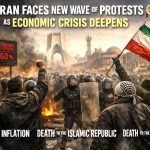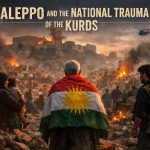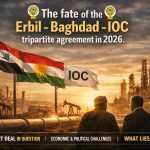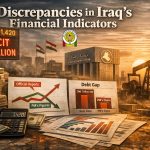A Cycle of Conflict Instead of Solutions
Iraq once again finds itself trapped in a recurring scenario—returning to complications instead of solutions, conflict instead of cooperation, and suspicion instead of goodwill.
The latest dispute was triggered by contracts signed between the Kurdistan Regional Government (KRG) and two American energy companies in the gas sector. The federal Ministry of Oil raised objections even before the Kurdish delegation returned from Washington. Initial reports estimate that these agreements may involve more than $110 billion in joint investments across conventional and renewable energy projects.
This raises the pressing question: how long will Iraqi citizens remain the main victims of these unresolved disputes?
Roots of the Crisis: The 2005 Constitution
To understand today’s conflict, one must revisit Iraq’s 2005 Constitution, approved by public referendum after extensive negotiations involving political leaders, experts, and the United Nations.
Unlike the transitional 2003 law, which centralized authority, the Constitution took a more balanced approach. Articles 111 and 112 define oil and gas as the property of all Iraqis, but management responsibilities were divided:
-
The federal government can manage only existing fields (those producing in 2005), in cooperation with regions and governorates.
-
New fields discovered after 2005 fall under regional or local jurisdiction, a detail confirmed by members of the Constitution Drafting Committee.
Article 112(2) further stipulates joint policy-making between Baghdad and local authorities but stops short of granting the federal government full management powers. This distinction was reinforced in a 2022 Federal Supreme Court ruling that declared the Kurdistan Region’s Oil and Gas Law unconstitutional, sparking political and legal controversy.
Meanwhile, Article 115 grants regional laws supremacy over federal ones in non-exclusive areas—a principle also reaffirmed in Iraq’s amended Law No. 21 of 2008.
A Stalled Federal Oil and Gas Law
Although the Constitution requires a federal oil and gas law to regulate current fields, political disagreements have kept it on hold since 2007. The Kurdistan Regional Government has repeatedly attempted negotiations, but disputes continue.
Importantly, this issue is not limited to the Kurdistan Region. Oil-producing provinces like Basra, Dhiqar, and Maysan also hold constitutional rights to manage their resources. Any future solution must therefore be comprehensive and balanced, not limited to one region.
The 2025 Elections and Political Exploitation
As Iraq approaches the October 2025 elections, the debate over gas contracts with American companies HKN Energy Ltd and Western Zagros has intensified. What was once managed through dialogue and institutions has now become politicized and dragged into the courts, turning national economic strategies into tools of electoral propaganda.
This approach poses a real danger. Politicizing strategic energy projects does not only harm one party; it undermines Iraq’s national interests as a whole.
Strategic Importance of the Gas Contracts
The contracts signed by the Kurdistan Region are not only a regional matter—they carry a national dimension. By boosting investor confidence and developing Iraq’s gas infrastructure, they can directly strengthen electricity production.
Prime Minister Mohammed Shiaa al-Sudani recently warned that Iraq may soon need to import gas from abroad to meet demand. This creates a striking contradiction: why reject domestic gas initiatives while preparing for costly imports?
For this reason, Kurdistan Prime Minister Masrour Barzani emphasized during his Washington visit that the agreements benefit all Iraqis, not just the Kurdistan Region. Far from being a short-term fix, these contracts represent a strategic vision that could spare Iraq from future dependency and economic setbacks.
Conclusion
The debate over Iraq’s federal oil and gas law reflects more than legal technicalities—it highlights deep political divides that continue to delay solutions. The upcoming elections risk turning vital economic projects into political battlegrounds, leaving ordinary citizens to bear the consequences.
For Iraq to secure its future, it must move beyond suspicion and competition toward balanced, constitutional, and strategic solutions that serve the interests of all Iraqis.

